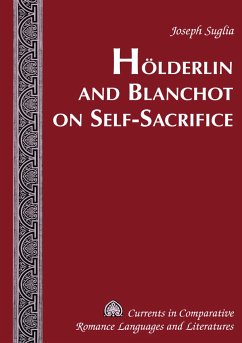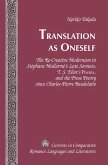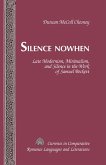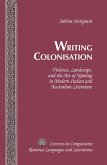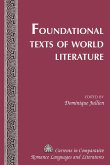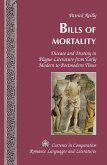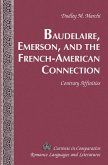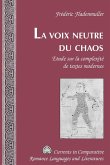A scene of self-sacrifice can never be staged or secured . The work of Friedrich Hölderlin, arguably one of the most profound writers of the German Enlightenment, supports this idea in fascinating ways. Much of Hölderlin's critical reception, however, has the poet saying the exact opposite. Joseph Suglia counters the dominant critical reception of Hölderlin's Empedokles fragments, which would transform the tragic hero's experience of mortality into a project that would be accomplished in the name of the transcendent reconciliation of disparate spheres.
This book also focuses on a densely detailed consideration of the work of the great French critic and literary artist, Maurice Blanchot, whose own treatment of self-sacrifice exists in closer proximity to Hölderlin's than the former appears to recognize. For Blanchot, it is argued, self-sacrifice is "a sacrifice that is an engagement with, in, and for language, a sacrifice that is both madness and mystery".
This book also focuses on a densely detailed consideration of the work of the great French critic and literary artist, Maurice Blanchot, whose own treatment of self-sacrifice exists in closer proximity to Hölderlin's than the former appears to recognize. For Blanchot, it is argued, self-sacrifice is "a sacrifice that is an engagement with, in, and for language, a sacrifice that is both madness and mystery".

